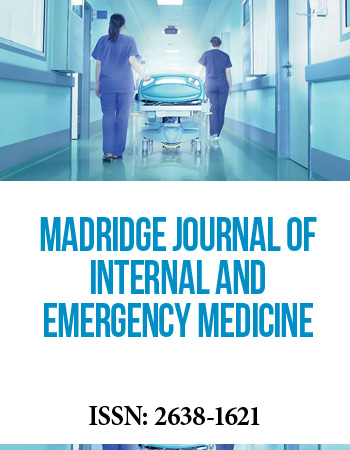International Translational and Regenerative Medicine Conference
April 25-27, 2018 | Rome, Italy
Upstream Open Reading Frames in Rare Human Diseases and Related Therapeutics
Department of Chemistry & Biochemistry and Vitalite Health Network, University of Moncton, Georges L-Dumont University Hospital Center, Canada
Translation generally initiates at the AUG codon (cAUG) marking the beginning of the coding region of a gene. Approximately 40% of human transcripts can also initiate translation within the 5ʼ untranslated region, at upstream AUG codons (uAUGs) which precede the cAUG. The presence of a uAUG within a transcript marks the beginning of an upstream open reading frame (uORF), which represents a potentially translatable nucleotide sequence. Single nucleotide polymorphisms that disrupt uAUG/uORF-mediated translation are associated with approximately 30 untreatable human diseases, such as melanoma, β-thalassemia, campomelic dysplasia and Dopa-Responsive Dystonia (DRD). Pathogenic uAUGs/uORF scan deregulate translation through two distinct molecular mechanisms: i) by reducing translation efficiency of normal protein products; and ii) by encoding mutant proteins that can trigger cellular death. Utilizing a uAUG/uORF associated with DRD, a high throughput screening assay was developed for identifying compounds that prompt the translational machinery to “bypass” pathogenic uAUGs. Screening of a small collection of bioactive compounds reveals that Salubrinal (SAL), - (a potent and selective inhibitor of eukaryotic initiation factor 2αdephosphorylation)-, promotes overriding of pathogenic uAUGs associated with DRD, as well as with melanoma predisposition, and the Van der Woude syndrome. Evaluation of SAL against uAUGs associated with additional human diseases is required to determine if SAL is a promising therapeutic agent for the group of uAUG-associated diseases. Such therapeutic agents would satisfy an unmet medical need.
Biography:
Dr. Ioanna A Armata is a molecular and cellular neuroscientist, who specializes in dystonia, a heterogenic group of debilitating neurological disorders, affecting both children and adults. Her training and expertise is in the fields of gene expression, transcription factors, functional non-coding mutations, assay development for drug high throughput screenings, and the CRISPR/Cas9 system. She obtained her Ph.D. in Neuroscience at Mount Sinai School of Medicine (2008), followed by a postdoctoral fellowship (2008-2012) at Massachusetts General Hospital and Harvard Medical School, and followed by a Research Faculty I appointment at Florida State University (2013-2016). She is currently a senior Research Fellow at the University of Moncton (Canada) studying translational therapeutics for dystonia syndromes and myotonic dystrophy 1. She has recently got an affiliation with the hospital Dr. Georges-L.-Dumont University Hospital Center, Canada.


